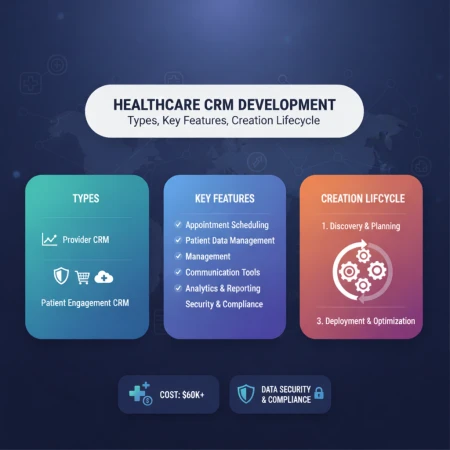Mental health and culture play integral roles in shaping individuals' attitudes towards weight and eating habits. Understanding the complicated interaction among these components is critical for addressing the growing prevalence of eating disorders worldwide.
Cultural Perceptions of Weight:
Different cultures have varied perceptions of ideal body weight and beauty standards. For instance, Western cultures often emphasize thinness as the epitome of beauty, while some Eastern cultures may value fuller figures. These cultural norms heavily influence individuals' self-image and behavior toward food and weight management.
Impact of Cultural Expectations:
Cultural expectations surrounding weight can exert immense pressure on individuals, leading to body dissatisfaction and unhealthy behaviors. In societies where thinness is idealized, individuals may resort to extreme dieting or excessive exercise to conform to these standards, increasing their vulnerability to eating disorders like anorexia or bulimia nervosa.
Stigma and Shame:
Cultural attitudes towards weight and eating can contribute to stigma and shame associated with mental health issues. Individuals struggling with eating disorders often face judgment and misconceptions from their communities, hindering their ability to seek help and receive adequate support.
Intersectionality of Culture and Mental Health:
The intersectionality of culture and mental health further complicates the landscape of eating disorders. Factors including race, ethnicity, socioeconomic level, and gender identity intersect with cultural norms to shape individuals' experiences and perceptions of body image and eating behaviors.
Cultural Influences on Treatment:
Cultural competence is essential in providing effective treatment for eating disorders. Therapeutic approaches must consider cultural values, beliefs, and practices to resonate with individuals from diverse backgrounds. Incorporating culturally sensitive interventions can enhance treatment outcomes and promote recovery.
Breaking Cultural Barriers:
Challenging cultural norms surrounding weight and body image is crucial for promoting mental health and preventing eating disorders. Initiatives promoting body positivity and self-acceptance may help remove damaging assumptions and build a more inclusive society.
Promoting Healthy Behaviors:
Educating communities about healthy eating habits and body diversity is essential for fostering positive relationships with food and promoting mental well-being. Emphasizing the importance of balanced nutrition and physical activity, irrespective of body size, can empower individuals to prioritize their health without succumbing to unrealistic beauty standards.
Cultural Competence in Healthcare:
Healthcare professionals must be trained in cultural competence to successfully serve the needs of various communities struggling with eating disorders. Culturally sensitive communication and tailored treatment plans can enhance engagement and improve outcomes for individuals seeking support for their mental health concerns.
Community Support and Advocacy:
Community-based initiatives and advocacy efforts are crucial in challenging cultural norms and promoting mental health awareness. Creating safe locations for people to discuss their stories and access resources can reduce stigma and facilitate early intervention for eating disorders.
The intersection of mental health, culture, and weight significantly influences individuals' experiences with eating disorders. By recognizing and addressing cultural factors that shape attitudes toward weight and body image, we can Promote a more inclusive and supportive atmosphere for individuals struggling with mental health issues. Through education, advocacy, and culturally competent care, we can work towards reducing the prevalence of eating disorders and improving the overall well-being of diverse communities.





